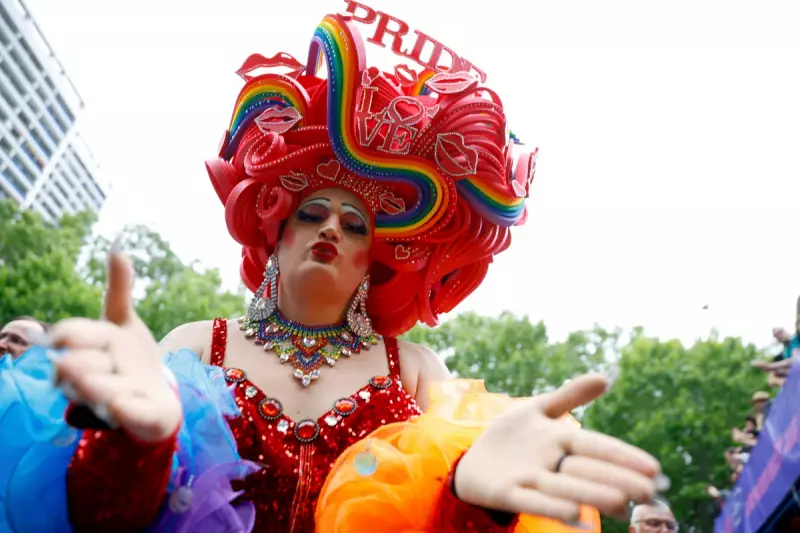
Berlin Pride 2024, also known as Christopher Street Day (CSD), transformed the German capital into a vibrant sea of rainbow flags as tens of thousands marched in a powerful demonstration of LGBTQ+ pride and resistance.
The event carried profound historical significance, with participants deliberately retracing the route of a 1920s queer protest against Nazi persecution—marking one of Europe's earliest recorded LGBTQ+ rights demonstrations.
Confronting a Dark Legacy
Organisers emphasised the march's symbolic importance, noting how participants walked past sites of former Nazi-era queer persecution while celebrating modern Germany's progress on LGBTQ+ rights. "This is more than a parade—it's living history," said one activist.
Global Solidarity on Display
The Berlin event formed part of a global Pride month that saw celebrations from New York to Sydney, though German participants stressed their unique historical context. Unlike the more commercialised Prides elsewhere, Berlin's version maintains a strong political edge, with speeches addressing current threats to queer rights worldwide.
Police estimated over 500,000 attendees, making it one of Europe's largest Pride events. The peaceful gathering stood in stark contrast to the violent oppression faced by LGBTQ+ communities under Nazi rule, when an estimated 15,000 queer people were sent to concentration camps.
Looking Forward While Remembering the Past
"We march to honour those who suffered, but also to protect the rights we've gained," explained a Berlin Pride spokesperson. The event included memorial ceremonies at historical sites alongside the celebratory parade and open-air concerts that continued late into the night.
As rainbow flags flew over Brandenburg Gate, participants reflected on how far Germany has come—from the dark days of Paragraph 175 that criminalised homosexuality to becoming a global leader in LGBTQ+ rights, though activists stress the fight for full equality continues.





